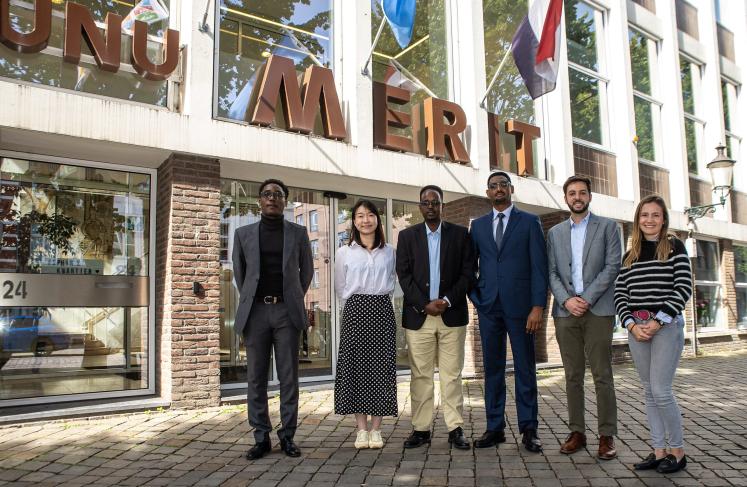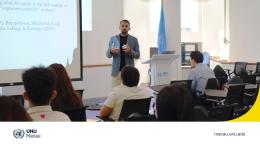Last semester, the Capacity Development Office at UNU-MERIT made changes to its flagship Evidence-Based Policy Research Methods (EPRM) programme based on feedback from its participants, who are working professionals from across the globe looking to enhance their ability to engage with research for better policymaking. While in essence the programme stays the same, some elements are now linked better to participants’ needs.
So, what’s new?
One of the main changes was reducing the length of the (in-person) introduction module from two weeks to one week full-time in Maastricht. This makes it easier for people from abroad to fit the programme into their working schedule and reduces their accommodation and living expenses, while keeping the benefit of having an introduction to our institution and the city of Maastricht.
Another major change was reconfiguring the content of some assignments and interactive sessions to benefit more from peer learning. Indeed, in higher education, there is an increased recognition that working with people from different cultures, varied work experiences and various disciplinary perspectives adds value to discussion (Mejía-Manzano LA et al, 2022), and our participants in this year’s cohort hail from five countries. For example, in discussion sessions, contextual examples from an Ethiopian policy practitioner was complemented by practice examples shared by participants from international organisations.
Working on the assignments and joint discussion was a learning process in itself. Romulo Correa from Brazil recalls, “The analysis of the assignment got more difficult as we were going along [..in the module]. We were struggling with the same things. But even the struggle was different from different perspectives, and other people’s contributions helped me understand the issues better.”
“The discussions gave me the opportunity to rethink the problem from a different perspective that I was not considering myself,” echoes Tania Gomez from Spain. “It was a 360-degree review, looking at my research idea from a fully different perspective.”
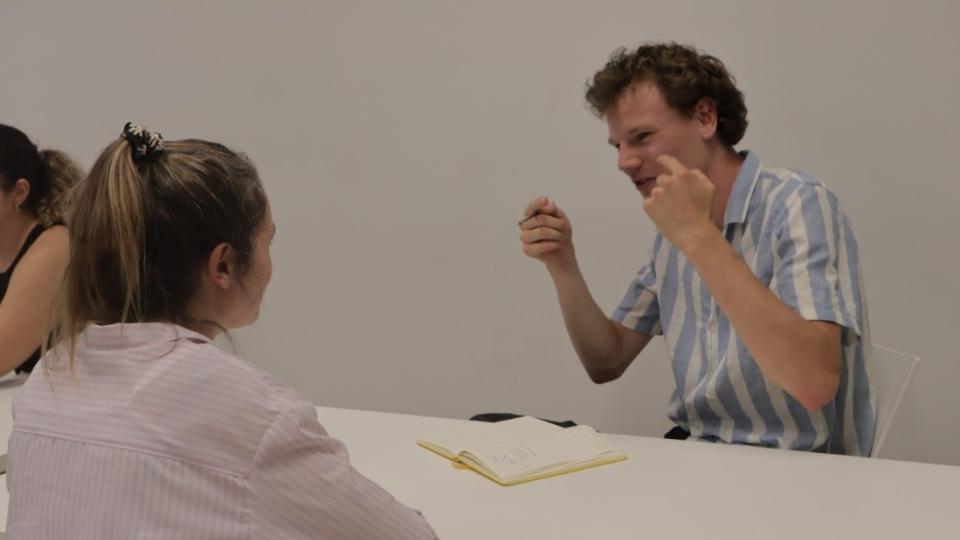
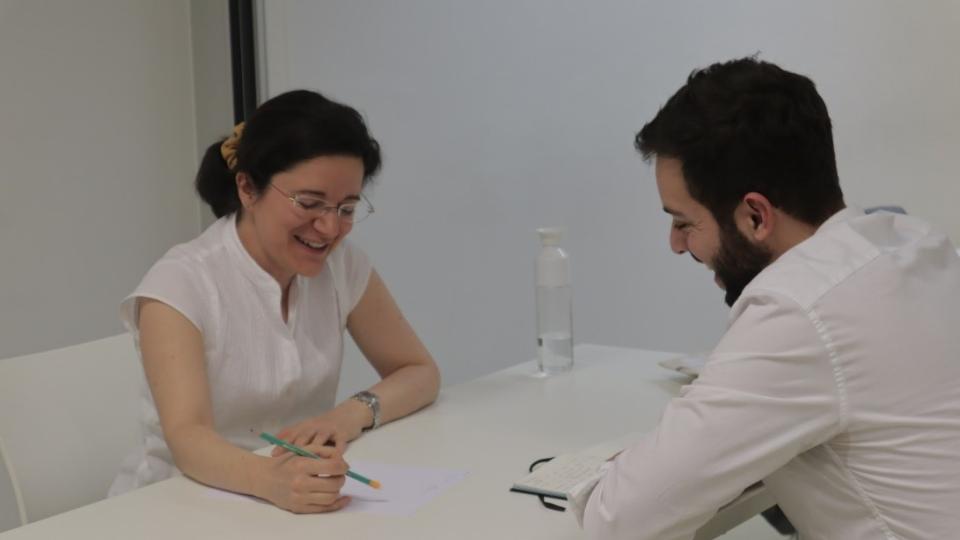
In the online modules, in particular those in which participants work on their individual research idea, more exchange moments to share learning with classmates were also built in. While lecturers and tutors can build research skills based on theory, peers can support each other much better in regard to structuring their study workload and integrating it with their work. They can share tips, mentor each other to remain engaged and jointly celebrate achieved milestones.
“[The EPRM programme] is intensive and requires us to manage our work and time skills,” said Ahmed Addinasir. "But it is also refreshing to manage the workload, make it to class and submit by the deadlines. The culture is to perform and deliver.” And while this can be challenging, it can also be very rewarding.
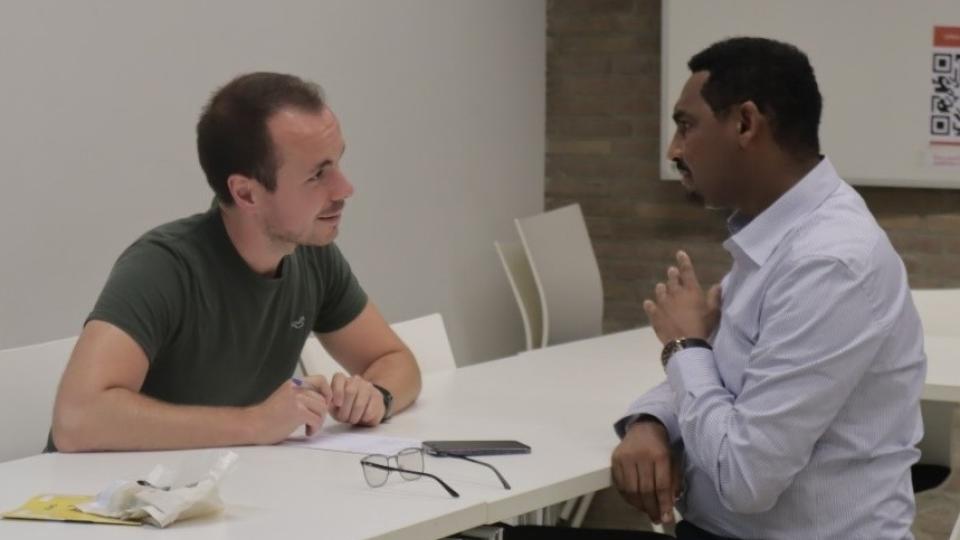
EPRM Q&A webinar
Do you have any questions about the EPRM programme or would just be curious to hear more about it? Then you are warmly invited to join our upcoming webinar on Monday 30 October 2023 (14:00 - 14:45 CET).
References
Mejía-Manzano LA, Sirkis G, Rojas J-C, Gallardo K, Vázquez-Villegas P, Camacho-Zuñiga C, Membrillo-Hernández J, Caratozzolo P. Embracing Thinking Diversity in Higher Education to Achieve a Lifelong Learning Culture. Education Sciences. 2022; 12(12):913
https://doi.org/10.3390/educsci12120913
Nota Bene:
The opinions expressed here do not necessarily reflect the views of UNU.

